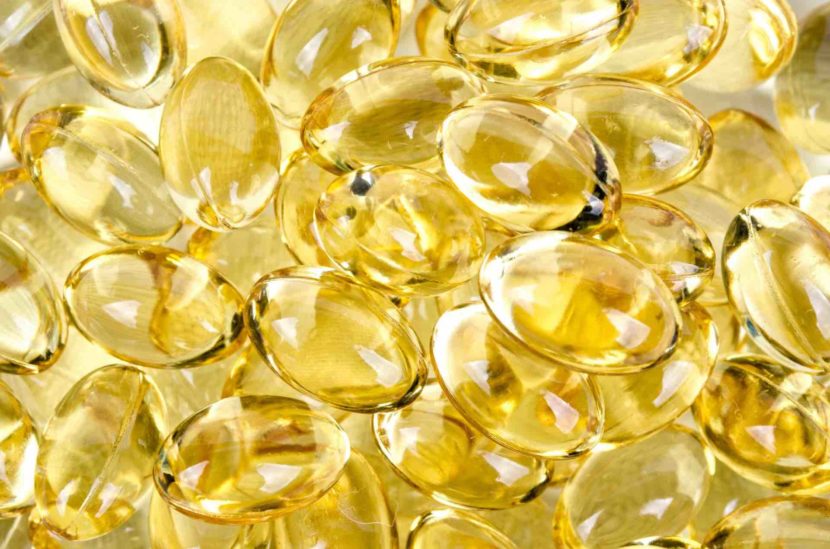Best workout supplements to take
The six best workout supplements you should consider adding to your workout routine.
Creatinine
Creatine is one of the best studied supplements. It helps increase energy to our cells. It is known to increase lean mass and strength when supplemented even over a 3 week period. Creatine is also incredibly cheap.
Thinking of getting started on creatine?
Science Behind Creatine:
Effect of creatine supplementation and drop-set resistance training in untrained aging adults Effect of dietary supplements on lean mass and strength gains with resistance exercise: a meta-analysis Effects of creatine supplementation on body composition, strength, and sprint performance Creatine Supplementation and Lower Limb Strength Performance: A Systematic Review and Meta-Analyses Effects of oral creatine supplementation on muscular strength and body composition
Amino Acids
Amino acids are one of the best workout supplements. Amino acids help you retain lean muscle mass even when you are dieting to lose weight. When studied those who supplemented had lower enzymes associated with muscle breakdown in their blood. Study participants have had decreased muscle soreness, faster recovery, and retained muscle function. Long distance runners have been shown to have better immune function when supplemented with amino acids.
Thinking of getting started on amino acids?
Science Behind Amino Acids:
Protein metabolism and physical training: any need for amino acid supplementation?
Effects of resistance training and protein plus amino acid supplementation on muscle anabolism, mass, and strength
Branched-chain amino acid supplementation and the immune response of long-distance athletesCaffeine
Caffeine is found in coffee, tea and various over the counter workout supplements. Caffeine has been shown to help with fatigue, mood, and alertness. It also has been shown in studies to increase the max number of reps on various exercises and also one rep max.
Thinking of getting started on caffeine?
Science Behind Caffeine:
Effects of Acute caffeine ingestion on resistance training performance and perceptual responses during repeated sets to failure THE ACUTE EFFECTS OF A CAFFEINE-CONTAINING SUPPLEMENT ON STRENGTH,MUSCULAR ENDURANCE, AND ANAEROBIC CAPABILITIES. The Effect of Ephedra and Caffeine on Maximal Strength and Power in Resistance-Trained Athletes Effects of Caffeine on Repetitions to Failure and Ratings of Perceived Exertion During Resistance Training Effects of Caffeine and Aspirin on Light Resistance Training Performance, Perceived Exertion, and Pain Perception Effect of caffeine on sport-specific endurance performance: a systematic review.
Conjugated Linoleic Acid (CLA)
Studies have shown a decrease in fat, studies in humans have shown a greater decrease in body fat in those who took CLA vs those who took placebo. The estimate could be as much as a 6lb fat loss over a 2 year period. CLA tends to help the most in the first 6 months of use when taking 3.2g daily.
Thinking about getting started on CLA?
Science Behind CLA
Conjugated Linoleic Acid (CLA), Body Fat, and Apoptosis Efficacy of conjugated linoleic acid for reducing fat mass: a meta-analysis in humans Conjugated linoleic acid supplementation for 1 y reduces body fat mass in healthy overweight humans Conjugated Linoleic Acid Reduces Body Fat Mass in Overweight and Obese Humans Conjugated Linoleic Acid Reduces Body Fat in Healthy Exercising Humans
Fish Oil
Contain omega 3 fatty acids and has been show to possibly help reduce blood pressure and decrease inflammation. Some studies have shown a decrease in musle sorness in those that supplement fish oil. Males should aim for 1.6g per day and women should aim for 1.1g per day.
Thinking about getting started on fish oil?
Science Behind Fish Oil:
The Effect of Omega-3 Fatty Acid Supplementation on the Inflammatory Response to eccentric strength exercise National Institute of Health: Omega-3 Fatty Acids
Beta Alanine
Studies have shown increase in physical working capacity at neuromuscular fatigue by increasing carnosine levels in the muscle. The Carnosine levels increase by over 80% when supplemented for 10 weeks. 4-6 grams of beta alanine per day is a good goal for supplementation.
Thinking about getting started on beta alanine?
Science Behind Beta Alanine:
EFFECTS OF TWENTY-EIGHT DAYS OF BETA-ALANINE AND CREATINE MONOHYDRATE SUPPLEMENTATION ON THE PHYSICAL WORKING CAPACITY AT NEUROMUSCULAR FATIGUE THRESHOLD. The effect of beta-alanine supplementation on neuromuscular fatigue in elderly (55–92 Years): a double-blind randomized study Effect of beta-alanine supplementation on the onset of blood lactate accumulation (OBLA) during treadmill running: Pre/post 2 treatment experimental design The effects of beta-alanine supplementation and high-intensity interval training on neuromuscular fatigue and muscle function Effects of Beta-Alanine on Muscle Carnosine and Exercise Performance:A Review of the Current Literature


